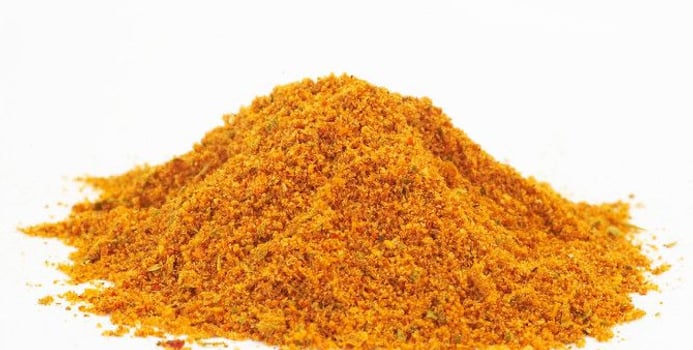Those looking for a balanced diet may not be thinking about the dietary benefits of spices like cumin, but often there's a reason that some ancient cultures developed the use of these plants in foods, beyond a motivation to provide flavor for dishes.
In today's world, where flavor comes increasingly from processed foods and unnatural additions, cooking with natural whole spices is a way to get back to a more basic, localized menu that is often a part of creating a healthier diet. Knowing what is in your food is critical to controlling your caloric intake as well as providing yourself with all of the great nutrients that make the body work better.
Unique Taste
The flavorful cumin seed has been providing its unique taste to many dishes for centuries, in multiple food cultures and communities. The cumin seed can be used whole or ground--in many modern kitchens, it is used ground, added to a dish with a shaker. Cumin provides a kind of smoky flavor for meat dishes, or a more complex savory taste in conjunction with other herbs and spices in fusion curry or other kinds of dishes.
Looking at the nutrition in this spice shows us that it can be a great addition for those who need a wide array of vitamins and minerals. Like many other natural foods, cumin does not contain any saturated fats. In fact, a tablespoon only contains 1 g of unsaturated fat. Cumin has zero cholesterol and only a miniscule amount ( 10 g) of sodium, which is something that many are watching out for in spices and other foods.
Nutrient Dense
What cumin does have is an impressive array of good nutrients that are recommended for daily intake. The tablespoon of cumin contains a gram of dietary fiber. It also contains a significant amount of thiamine, potassium, phosphorus and copper, as well as calcium, iron and magnesium. Someone reading the nutritional label for cumin can see that this kind of food can fill in the gaps in a menu: where fresh fruits and other lighter foods contain lots of vitamins like vitamin A and vitamin C, foods like cumin have some of the heavier minerals that we also need for a balanced diet.
With all of the above, as well as some protein, cumin can add a lot to a dinner plate. Those spices are not generally as effective as whole food fruits and vegetables due to the small amounts we eat daily, a look at the actual nutritional facts shows how spices like cumin are more than just flavor additions--it might even inspire some health-minded chefs to experiment with adding more whole spices, to bring more of what these foods offer to a meal. Think about how the spices on your table affect the nutrition of the courses that they season.



